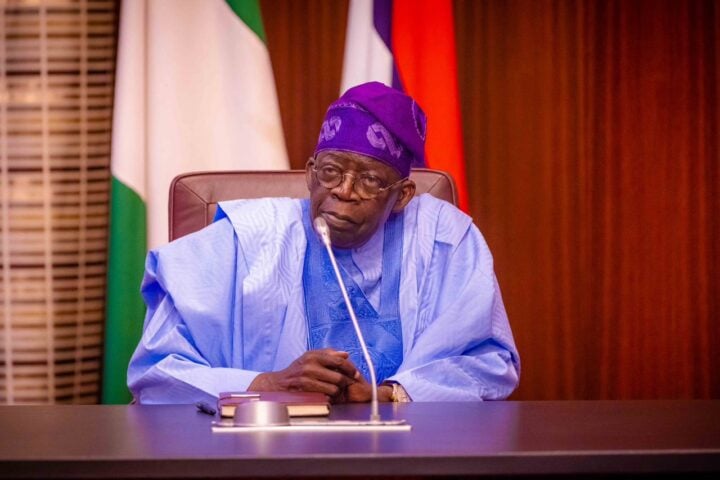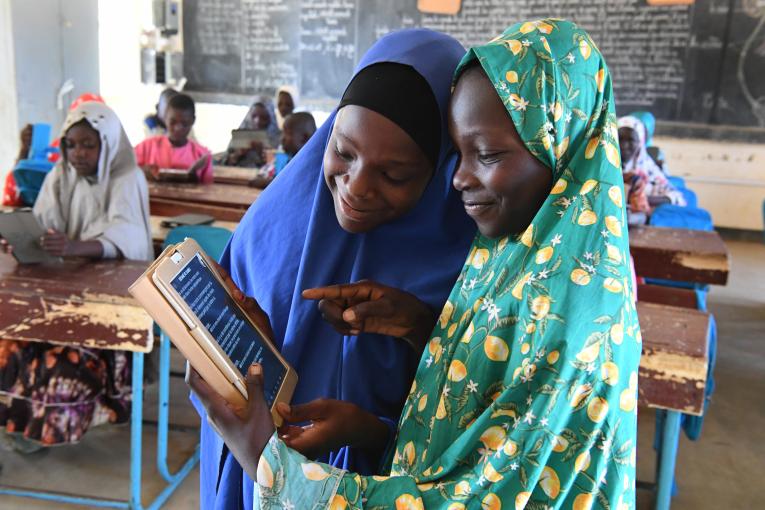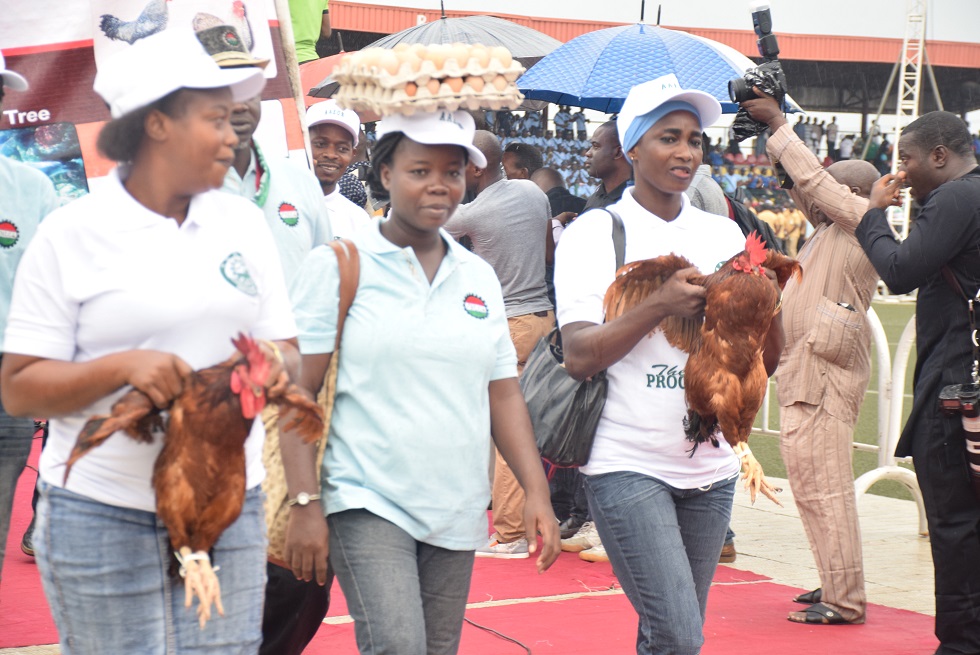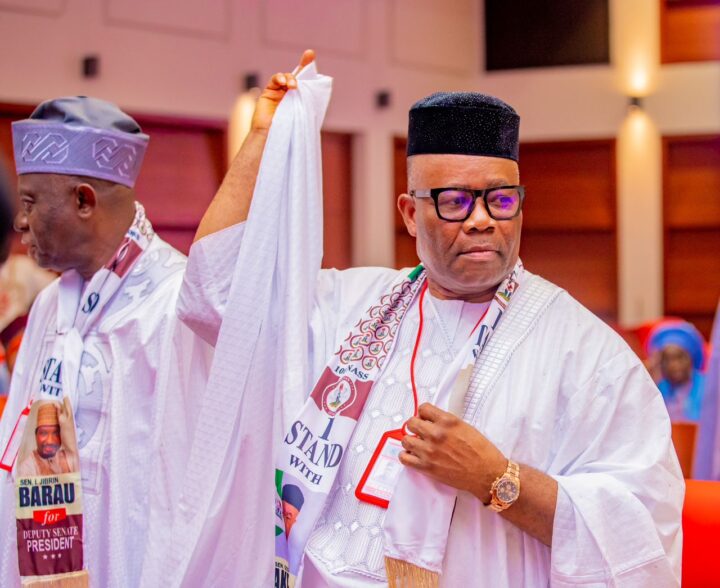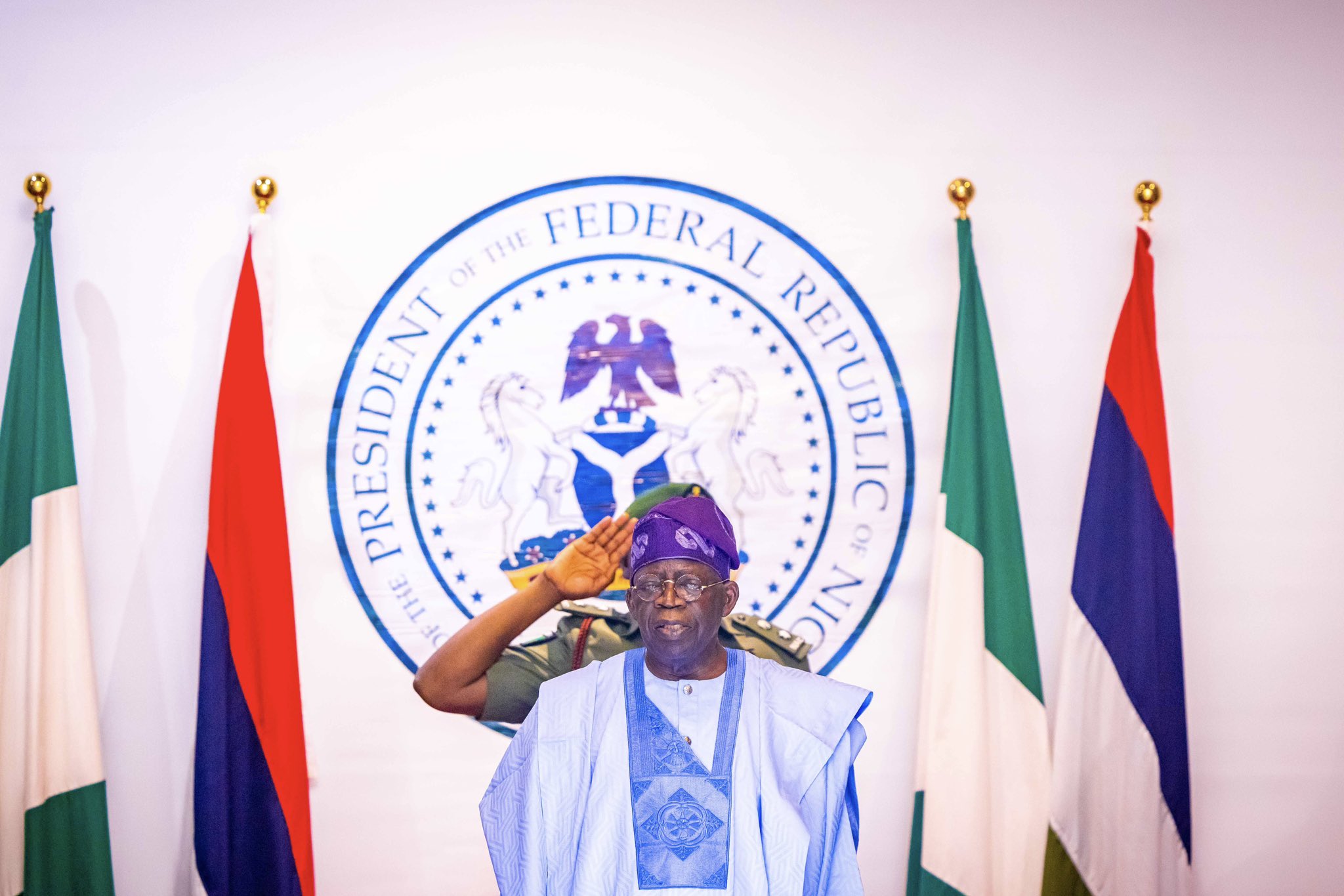BY WALE AJAYI
If anything, the presidential speech and activities of the new president in his first 24 hours in office are refreshing, reassuring, and indeed a renewed hope was birthed. Now, we have a president who understands governance from the standpoint of economic development and development financing. Little wonder the media space in both conventional and new mediums have been buzzing with analysis of real issues of economics rather than the usual politicking. Indeed, the time for real governance is now, we had better be ready. The game changer is here.
I join the rest of our people to congratulate President Bola Ahmed Tinubu, his vice Senator Kashim Shettima, and the entire team for a hard-won battle. I wish him the best of luck and wisdom to succeed. The success of his administration is the success of our country and by extension, our individual and collective successes. While the mood in the country is renewed, it is important to immediately remind the president that a new chapter in our history has been opened, and from now on his actions and inactions determine the destinies of the largest black nation on earth and their unborn generations.
I’m more than convinced President Tinubu understands this and more. Steering a country in the direction of development is an audacious task, but it’s one to which Nigerians have entrusted their mandate on the credential and manifesto of ‘Renewed Hope’ upon which the president campaigned and won.
Advertisement
Now, to whom much is given, no less is expected. Hard decisions will be made but the president must find the uncommon courage to do what is right for the majority of our people at all times. As Sir Paul Collier, the foremost English Political Economist submits: “Most revolutionary leaders are not necessarily the nicest of their generation. However, they are brave men and women who have a vision of what they want to achieve for their people. And they did achieve tremendous feats, moved their people forward, and left impeccable generational legacies for all to see. Yet they are neither perfect nor necessarily nice men”. Many of our people believe the new government agenda should be geared towards socioeconomic development with immediate, short-term, and strategic impact reflecting on their living standards. They want to feel more secure in their country in the least.
To start with, “Let there be light”. Life makes less meaning in the dark. It’s not a coincidence that God created light to separate day and night far ahead of other things in the sequence of creation. That God in his infinite knowledge recognised the importance of making meaning of the space he wants to develop with light presupposes to me that there’s indeed a hierarchy of necessities to development. After the light, all other things followed in sequence. Isn’t it logical that only less can be achieved without power and under darkness? The new administration must do everything possible to provide electric power to all Nigerians. There will not be any justification if after another eight years in 2031, we still do not have enough electricity to power homes and enterprises. Fixing power alone has the potential to fix unemployment and improve productivity.
It’s almost impossible to develop without sorting out electricity as seen in countries that have successfully moved from third-world economies to either developed or emerging economies in the world. They’ve all sorted out electricity, power, and energy. Brazil, India, China, and South Africa on one side, then Mexico, Turkey, Malaysia, Thailand, Indonesia, Philippines, and UAE on the other side.
Advertisement
The critical importance of electric power to economic development is so huge and fundamental that it is almost the singular most important ingredient for industrialisation and socioeconomic development. Unfortunately, we are lagging behind in this regard and several efforts made by previous administrations have yielded little or no concrete result. The United Nations 2021 report on energy access and energy efficiency as per SDG 7, maintained that Nigeria, the Democratic Republic of Congo, and Ethiopia had the biggest electricity access deficits in the world.
Electric power is an enabler for many commercial and industrial enterprises without which ease of doing business will only remain an idea. In the last few decades, our fortune in manufacturing has dwindled with so many manufacturers closing shops and relocating their productions overseas due to lack of power. Sometimes, not so far away in neighboring countries like Ghana. The socioeconomic impacts of these losses can only be imagined from job losses to revenue losses to the government, and dwindling national productivity. Several MSMEs can have a life of their own if we can provide stable electricity. Taking the agricultural sector for instance, from crop production to poultry to animal production, processing, and preservation is almost impossible without an efficient and effective power supply.
The MSMEs are the real engine of the economy. When are the fish and meat sellers hawking the streets going to transform to corner shop owners with two to three personnel running shifts and using shop-sized purpose-built freezers, measuring scales, motorised cutting machines to sell fish, chicken, turkey, beef, and goat meats like it’s done elsewhere and their economic contribution well captured and appropriately taxed? For World Bank, SMEs account for the majority of businesses worldwide and are important contributors to job creation and global economic development. They represent about 90% of businesses and more than 50% of employment worldwide. Formal SMEs contribute up to 40% of national income (GDP) in emerging economies. Apart from being a viable economic sector providing goods and services and generating employment don’t forget that the cycle is also complete by shoring up government revenue in terms of tax revenues and reducing unemployment and the consequent social tensions. How can these SMEs be enhanced when the number one enabler of most of their businesses is electric power?
To be continued…
Advertisement
Ajayi, an engineer, management strategist, and development advocate writes from Mushin, Lagos
Views expressed by contributors are strictly personal and not of TheCable.
Add a comment
